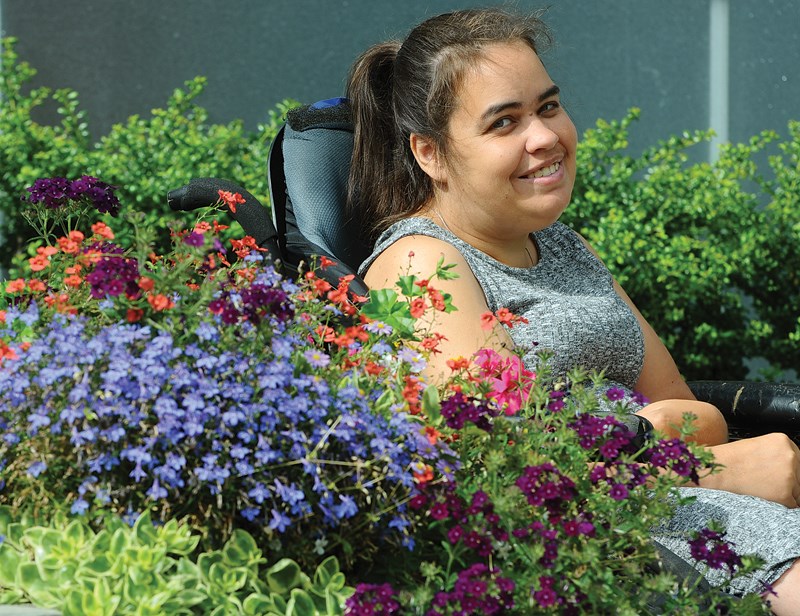A program supporting community members with disabilities in their quests to find jobs is looking for new participants.
The ConnecTra Society, one of the six organizations that compose the Sam Sullivan Disability Foundation, launched the Employment Mentorship Support Project in September 2015. The initiative was founded following a successful pilot program undertaken by the society, similarly focused on supporting adults with disabilities in their journey to enter the workforce.
The new Employment Mentorship Support Project matches community members with physical disabilities who are unemployed or under-employed with volunteers willing to support them in their job hunts, and is a partnership between ConnecTra and the University of British Columbia’s Department of Occupational Science and Occupational Therapy. Researchers are monitoring the project and gathering information with a goal of making positive change in the lives of those with disabilities.
“They periodically do interviews with our participants throughout the process to see how beneficial it is to have a one-on-one volunteer assist them in the job search process compared to if they did it by themselves,” says Louisa Bridgman, a ConnecTra Society community connector serving North and West Vancouver.
“All the information that they gather in the next three years, they’re hoping to use to lobby provincial governments and federal governments to help change policies for people with disabilities. ... Or can we convince other companies to open their doors and realize in society that there’s an untapped potential that they’re not even looking at because of their physical disability. Just because we’re in chairs or just because we have something physically wrong with us doesn’t mean that we’re not capable of being valued people in society,” adds Bridgman.
The 39-year-old North Vancouver resident has been working with ConnecTra and its employment programs for the last four years. She’s one of six community connectors working with the Employment Mentorship Support Project in different municipalities throughout the Lower Mainland.
“If it wasn’t for ConnecTra, I wouldn’t have a job,” says Bridgman – who has cerebral palsy and uses a wheelchair – going on to explain all of her fellow community connectors have some sort of physical disability.
“That helps our participants feel more comfortable because we’ve been there, we know what it’s like so it gives them a little bit of hope. I really love being part of the project because it allows me to give back to my community and to see my clients and my participants and even my volunteers, it changes their lives. To watch them reach their goals or to watch them get even a step closer, it’s amazing to see how much they think they’re capable of and when they actually do reach their goals how proud they are that they’ve actually done it. If it wasn’t for programs like ConnecTra and the (Sam Sullivan) Disability Foundation then who knows where any of us would be,” she says.
Bridgman’s role is to find local participants with physical disabilities who have the drive and want to work, and interested volunteers with a desire to help them make their dreams come true. They’re matched up one-on-one for a period of eight months during which they visit WorkBC Employment Services Centres and based on what the job hunter’s specific interests are, conduct a job search, research potential employers, submit resumes, and move through the interview process.
As of October there are 40 active pairs in the Lower Mainland and Bridgman is currently working with three on the North Shore.
New participants and volunteers will be accepted until January 2017. Participants must have a physical disability and receive benefits or supports, and be between 19 and 64. Volunteers must be 19 or older and have at least one year of work experience. A half-day orientation session is offered to arm them with the necessary skills to help their partners be successful.
Bridgman wishes more employers could see the benefits of hiring people with disabilities. “If (they’re) afraid to give a person with a disability a chance, they’re missing out because there’s so much that we can offer. … Just remember back to when they were getting employed, it was hard for them too, but somebody gave them a chance. For a person with a disability, as long as they’re capable of doing the job that they’re applying for, there’s no harm in giving someone a chance,” she says.
For more information on the Employment Mentorship Support Project and to join as a participant or a volunteer, visit connectra.org.



